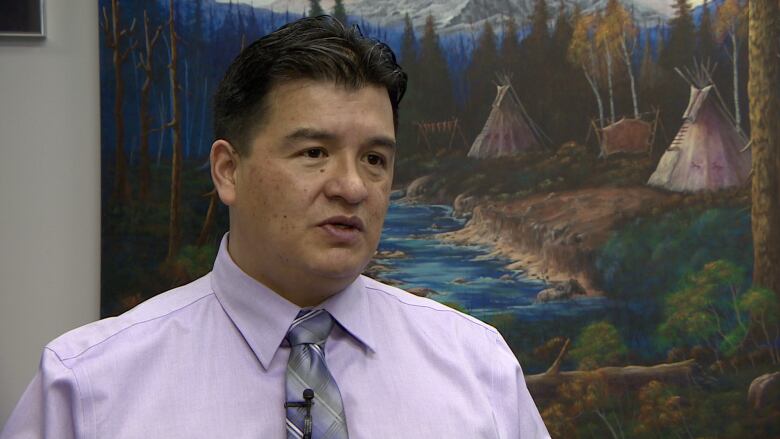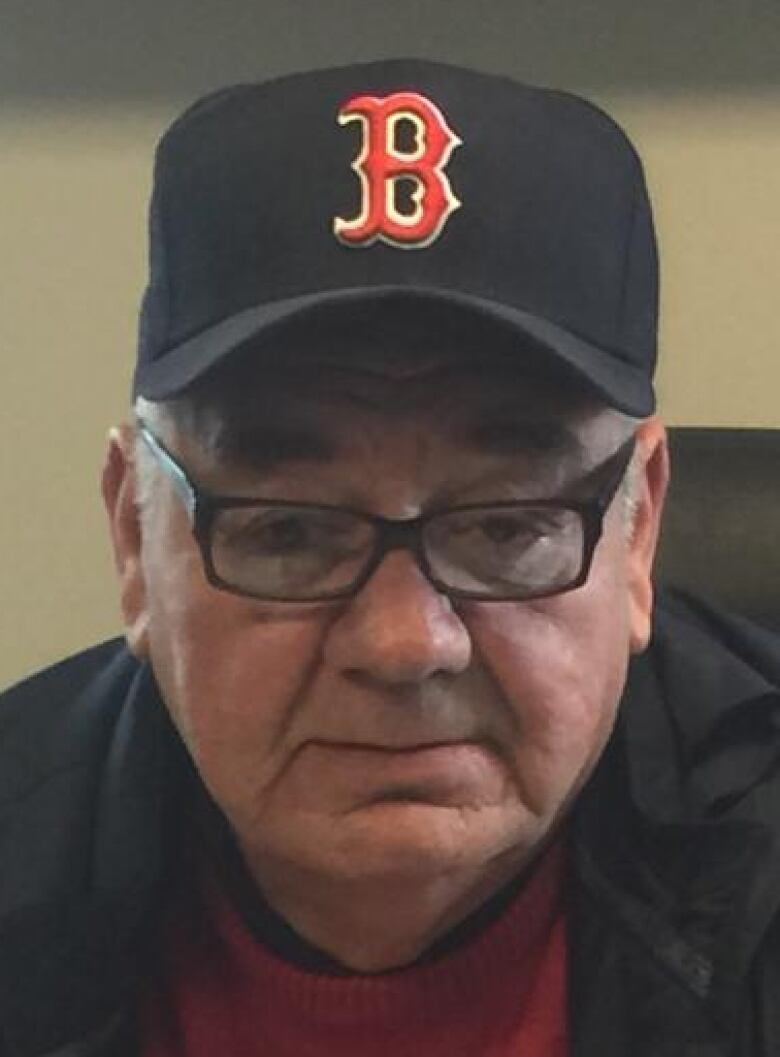Drug addictions, overprescription need government help: Sask. First Nations
FSIN leaders in Saskatchewan are calling on federal and provincial politicians for help

The recent school shootingin LaLoche, Sask., area reminder of troubled times on many First Nations. This week, chiefs from theCote, Key and Keeseekoose First Nations near Kamsack, Sask.,are citing 100 deaths in 2015 as cause for emergency.
Their message: First Nations people are dying due to homicide, suicideand drug overdoses, and the government needs to step in and help.

"Youknow we have methadone in our community. Over a hundred people on methadone, and we got people falling like flies of overdoses, mixing with prescription drugs [and]narcotics," said Ted Quewezance, who'ssenate chair with the Federation of Saskatchewan Indian Nations.
Normally, doctors prescribe methadone to help people addicted to heroin or other narcotics but the drugcan be addictive, too.Overuse and misuse can cause breathing and heart issues.
FSIN Chief BobbyCameron notes how big of an issue drug addiction is among First Nations in the province.
"It's contributing to the loss of lives in our communities, and it's not just down in the Kamsack area," he said. "You knowit's in other regions here in the province, it's in other regions across Canada. Doctors have been prescribing and over-prescribingprescription drugs."
Provincial First Nations leaders want all levels of government to sit down with them to find a solution.
- Pimicikamak declares state of emergency to deal with suicide crisis
- NDP pledges to close funding gap for First Nations schools
Officials will work with First Nations, Health Canada says
Officials will work in partnership with the chiefs of the First Nations to plan what additional action is needed,says Health Canada.
"The deaths in these communities are tragic evidence of the work that must be done to close health and mental wellness gaps in First Nation and Inuit communities," Health Canada said in an emailed statement to CBC.
Health Canada said they provide $2.6 million to these communities for health promotion and disease prevention.
"Funded programming aims to address issues such as youth solvent abuse, fetal alcohol spectrum disorder, youth suicide prevention, and drug and alcohol addiction," the statement said.
Saskatchewan Party, NDP respond
SaskatchewanParty leaderBrad Wall, who's running for a third stint as the province's premier, said thaton-reserve issues are Ottawa's responsibility and duty.
"We hope the federal government moves quickly to address the concerns that have been raised," he said.
His government has been directly involved with funding particular initiatives on reserves, Wall said, though he noted that it wasn't involved with the issue of mental health.
Wall said that he hopes the current federal government moves to ensure there is adequate health care and mental health care for on-reserve First Nations people.
SaskatchewanNDP leader Cam Broten said, if elected, their plan to expand mental health access would assist children to getthe help they need early on, including in northern, rural, and remote locations.
Broten added that the issue is compounded by gaps in multiple services and access to housing on First Nations.
"It requires all levels of government and what can't happen are the jurisdictional battles between levels of government while children fall through the cracks," he said.
Quewezanceis one of many First Nations leaders who say that help had better come sooner, rather thanlater.
"A normal person goes to about seven to 10 funerals in his lifetime. And you know what? I've been to over 400 funerals in my three communities," he said.












_(720p).jpg)


 OFFICIAL HD MUSIC VIDEO.jpg)
.jpg)



























































































